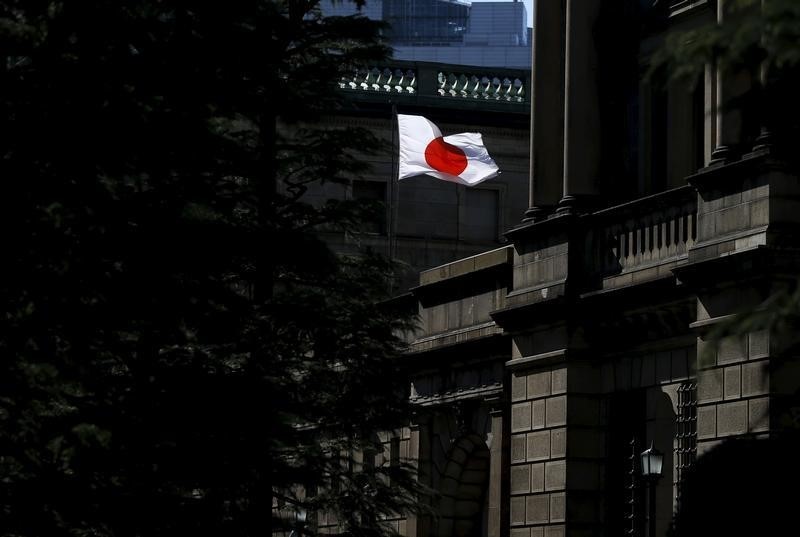Street Calls of the Week
Investing.com - The Bank of Japan (BOJ) is anticipated to maintain its ultra-easy monetary policy this Friday, despite experiencing higher inflation than expected. This move comes as the central bank focuses on supporting the delicate economic recovery in the face of a marked global growth slowdown.
Furthermore, it is likely that the BOJ will uphold its commitment to "patiently" sustain substantial stimulus measures to ensure that Japan achieves its target of a sustainable 2% inflation rate alongside wage increases. As price rises begin to show signs of widening, market attention has shifted toward whether BOJ Governor Kazuo Ueda will issue a more forceful warning regarding potential inflation overshoots during his post-meeting news conference.
This review by the BOJ follows Wednesday's decision by the Federal Reserve to halt interest rate hikes while closely monitoring lagging economic impacts from previous monetary tightening. The consensus among experts predicts that at Friday's two-day meeting conclusion, the central bank will continue with its -0.1% short-term interest rate target and maintain a 0% cap on 10-year bond yields under their yield curve control (YCC) policy.
Although concerns about risks in the global outlook may emerge, sources have informed Reuters that it is probable for the central bank to remain steadfast in its belief that Japan's economy will experience moderate recovery due to increased consumption following pandemic-related setbacks.
In April, core consumer inflation in Japan reached 3.4%, remaining above target levels for over one year—this development supports ongoing market expectations for YCC phasing out within this year. However, Governor Ueda has consistently dismissed any near-term adjustments to YCC policies based on recent cost-push inflation trends slowing back below targeted rates later this year.
Ueda has also noted that the BOJ will take prompt action if inflation projections prove inaccurate while recognizing early indications of changing corporate price-setting behavior. With businesses providing their largest wage increases in thirty years, it appears Japan's long-standing period of stagnant wages may be coming to an end.
A May academic paper published by the BOJ suggests that both inflation and wage growth could suddenly accelerate once costs surpass a specific threshold—and once initiated, this trend may continue. Despite these findings, several BOJ officials prefer a cautious approach for now—closely monitoring global economic trends and company earnings as indicators for potential continued wage growth next year.
Japan's economy is gradually recovering from pandemic-induced setbacks and grew at an annualized rate of 2.7% during Q1—an expansion bolstered by robust corporate and household spending despite weaker export performance.
